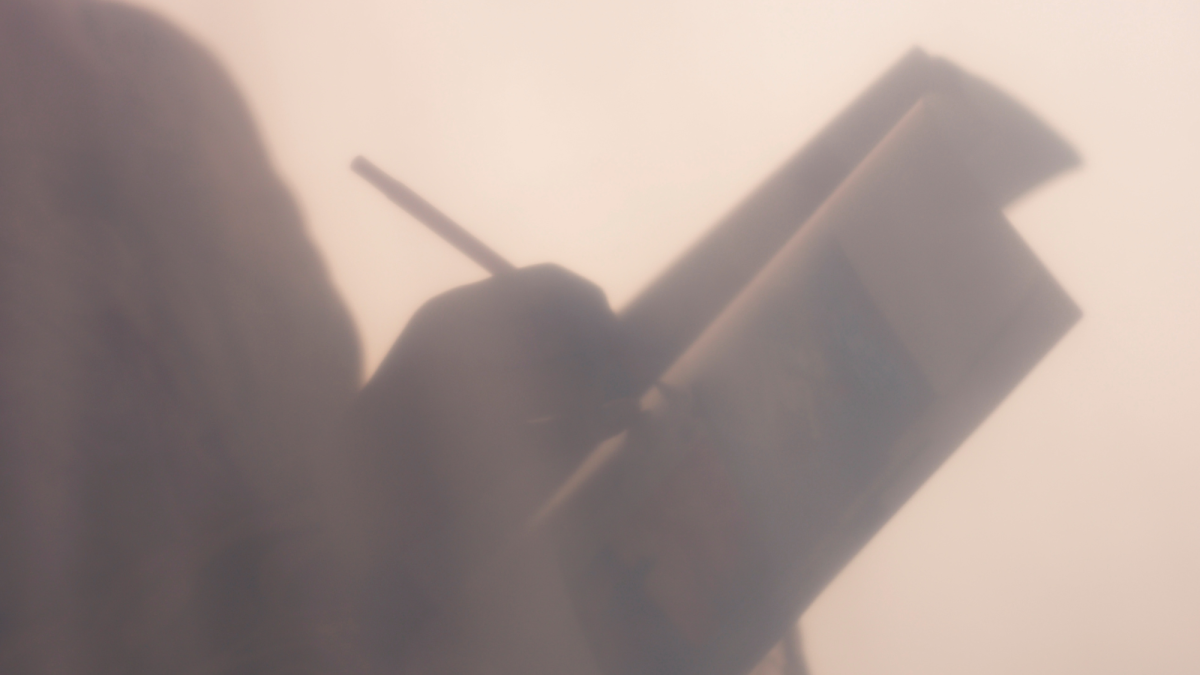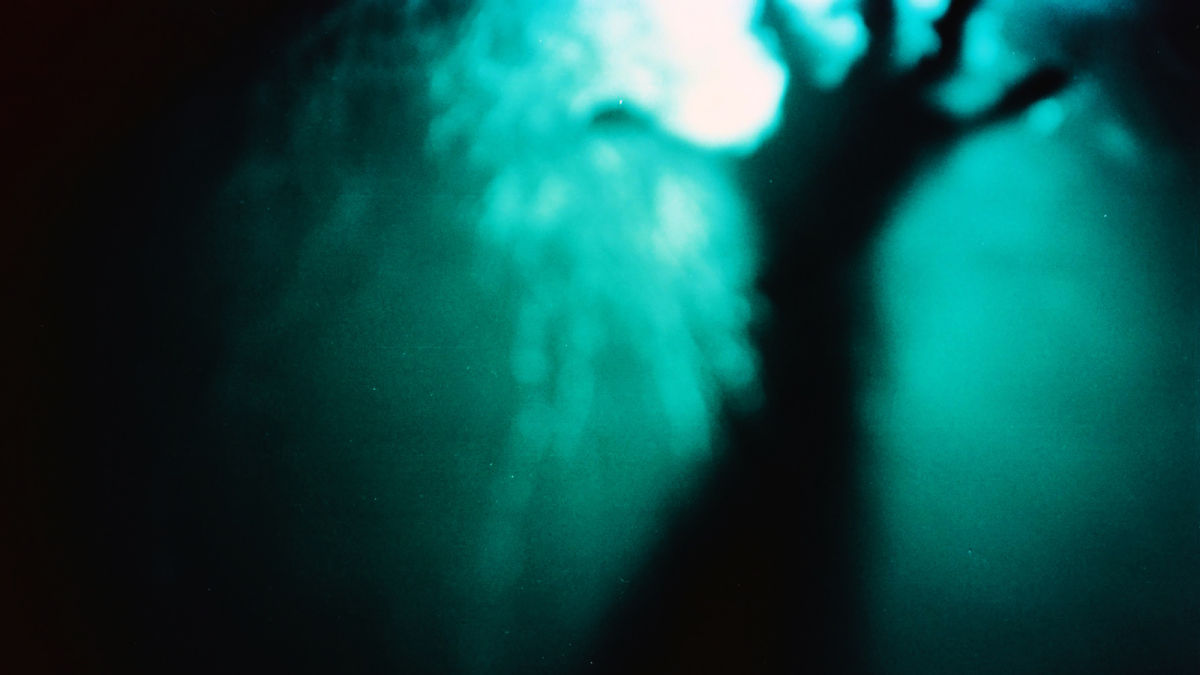Disclaimer: This is my interpretation. You may see it differently. That’s fine with me.
Some time ago, I watched a YouTube video on the philosopher Spinoza. He saw God not as a person, but as Nature itself—depersonalized, pantheistic, infinite. In his Ethics, Part I, Proposition 47, Spinoza writes: “The simple fact that we know things to exist means we understand the very essence of God or Nature, because the very essence of God or Nature is existence.” That idea stayed with me.
In early September 2018, I visited a nearby park. I brought a notepad and a “find your passion” workbook, hoping to figure out my purpose—or at least pretend I could. I found a bench overlooking a lake and started writing. That’s when a bee began buzzing around me. At first, I brushed it off. Then I moved to a picnic table under a tree. Not long after, a caterpillar—bright,
possibly poisonous—crawled across the table toward me. I was about to leave again when Spinoza’s words returned to me: if God or Nature is existence, then every moment is essence. I decided to listen.
The bee wasn’t a nuisance—it was a sign: your time here is up. The caterpillar: Your time here is up again. These weren’t divine messages; they were experiences. But I chose to let them guide me, not because they were magical, but because they existed. And existence, in Spinoza’s view, is meaning.
So I climbed the mountain path, no longer searching for answers, just existing. Everything became vivid. The trees swayed, bugs bit, the heat bore down—but! didn’t resist any of it. At the summit, I stood alone in a meadow, watching grass bend with the wind. Then I descended. Back at the bench where Id started, I reached into my backpack to grab my copy of Siddhartha, but paused. There, in the wooden backrest, hung a cocoon. I didn’t open the book. I just held it.
Later, I told a friend what happened. He mentioned a physicist named Amrit Sorli, who says time isn’t something we pass through—it’s the change itself. The bee, the caterpillar, the cocoon: they weren’t talking to me. However, they did exist, and I was part of that stream of change. “Your journey ended at the cocoon,” he said. “Something new is preparing to emerge.” And maybe it was. Maybe the bee wasn’t a message. Perhaps the caterpillar wasn’t a guide. But my mind experienced them as such. As Kant said, we never know things-in-themselves— we only know what our mind presents to us. In that moment, my mind saw symbols. Not because they were there, but because I was there.
That day, I wasn’t handed my purpose. I wasn’t saved or transformed. But I chose, independently, to let nature mean something. And maybe that’s all independence is: the ability to see your mind at work, and to decide what you’ll make of it.







